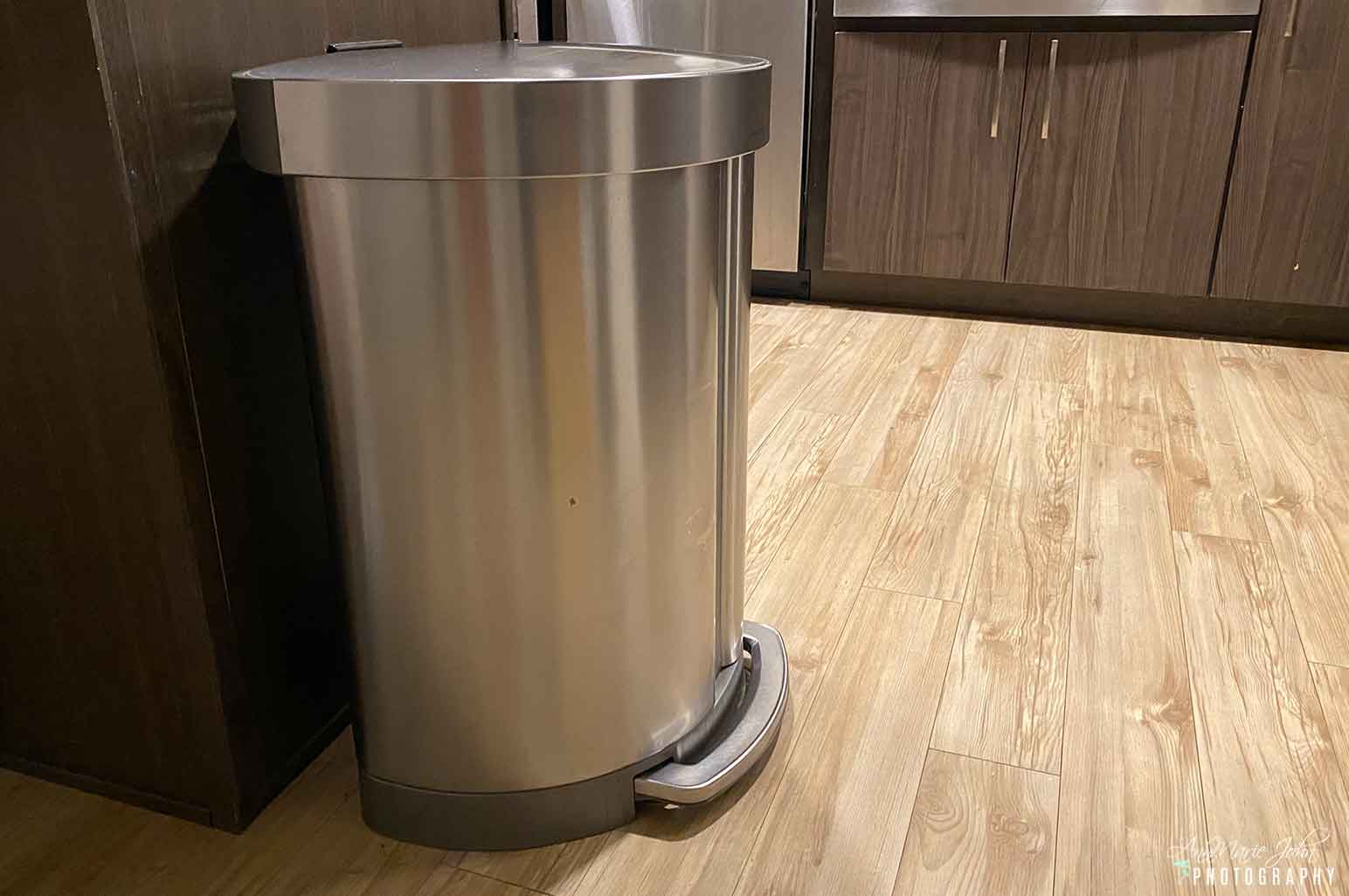
These days, almost everyone is aware of the pressing need to address these issues. Almost every day, there is something in the news about reduced rain forests, global warming, or endangered species. More and more people are realizing that they have a part to play in addition to the global governments.
Landfill sites are heaving as populations increase and disposable items abound. Products are frequently made to have a brief lifespan. Mobile phones are designed to be upgraded every couple of years. So, what practical things can we do on a daily basis to improve this situation? Let’s find out now.
1. SHAVE RESPONSIBLY
Both men and women shave on a regular basis, and many use disposable products to do it. Anyone who sees no need for shaving with zero-waste should research the statistics. The EPA says that two billion razors end up in landfills on an annual basis. Think of all those plastic handles and tubes being unrecycled.
Anyone who is afraid of giving themself an injury by using a single straight razor should consider buying a safety razor. Not only do they remove the chance to receive cuts and nicks – but they are also environmentally friendly.
2. CHOOSE DIGITAL OVER PAPER
Most clerical workers will be aware of the phrase ‘paperless office.’ It refers to the practice of working online and storing data in the cloud. This process reduces the need for endless folders and paper manuals.
Similar practices can be adopted at home. When renewing your insurance, you may be asked if you wish to receive paper or e-documentation. People can also opt to have their bank statements produced online to save paper. The same goes for such things as payslips and utility bills.
If someone is a real bookworm, they may get through so many volumes that their house becomes cluttered, or they end up throwing books away. Such options as Kindle allow people to enjoy and store books without filling up their homes.
3. USE A COMPOST BIN
Keen gardeners have been doing this for decades. They collect grass cuttings and dead plants and place them in containers. Over time the contents naturally degrade and turn into compost. This is then dug into the garden soil to enrich it.
It is also possible to add our daily food waste into the bins. Keep a lookout for packaging that is compostable as well.
4. BUY REUSABLE PRODUCTS
Plastic carrier bags have become a curse to the environment. We waste money by constantly buying them at grocery stores, then throwing them away. They are usually made of thin material and often break when overloaded. If someone buys a quality shopping bag, it will last much longer and be better designed for the task.
A similar policy can apply to drinks bottles. Why not purchase a single container to bring to work? It may even be designed to retain heat for coffees and teas. Instead of buying small plastic bottles containing water, simply refill the same bottle each day.
Other things to consider would be using a vegetable sack for storage rather than buying and storing them in plastic bags. Buy one soap dispenser and purchase refills, instead of endlessly buying small plastic containers of soap.
5. AVOID DISPOSABLE PRODUCTS
This is the other side of the same coin. Purchase a large pot of yogurt rather than packs of six smaller packaged items.
Disposable plates and cutlery may be great for children’s’ parties, but they are bad for the environment. Using washable nappies may involve extra work but will save you getting through scores of disposable ones. Tiny toiletries are another culprit. Buy larger items rather than those resembling hotel accessories.
6. BUY SECOND HAND, AND REPURPOSE ITEMS
Some cameras and phones become ‘obsolete’ once the latest model has come out – yet they are still fully working. Provided they are safe to use, second-hand electrical items can be cheap and long-lasting. Why not consider charity shops when you need something? You’ll save money in the process. If you have things you no longer need, send them there, rather than to a landfill.
Many people who love DIY are able to repurpose unwanted items. They may also renovate furniture to give it a new lease of life. With a little imagination, it’s amazing what can be done.
These have been six suggestions to consider in your daily life. If something does have to be disposed of, make use of recycling centers and special bins, so they are correctly processed. The environment needs us to take action, and that means now!
